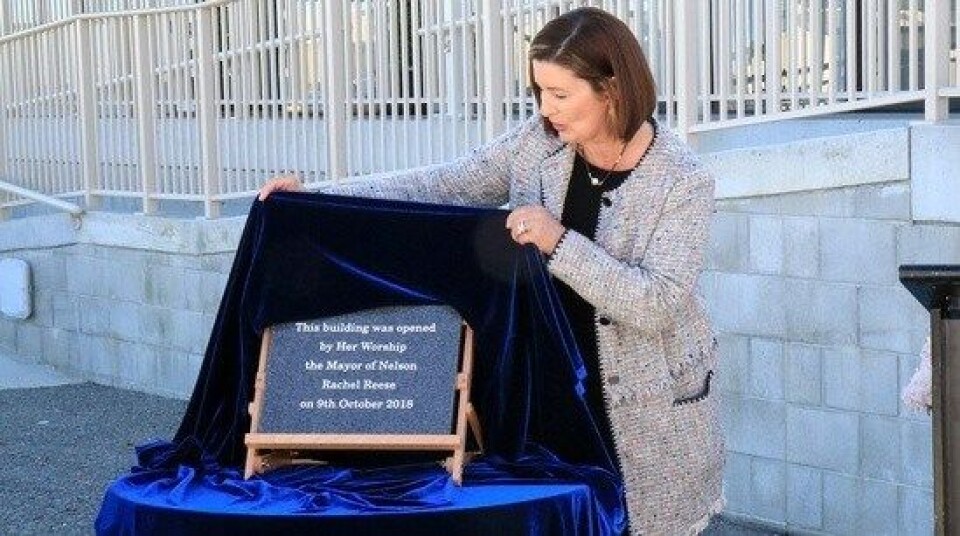
Research centre focuses on salmon feed efficiency
A new finfish research centre has been officially opened at Cawthron Aquaculture Park near Nelson on the north coast of New Zealand’s South Island.
The facility boasts systems and capacity unique in New Zealand and will provide a world-class centre for finfish research, according to owner Cawthron Institute, the country’s largest independent science organisation.
The Institute’s aquaculture group manager, Serean Adams, said the Centre will deliver commercially relevant science to enable improved stock management, breeding, and husbandry and will support the development and growth of the aquaculture industry.
Innovative tools
Adams said that the Efficient Salmon Research Programme currently under way in the facility will combine new, innovative analytical tools with industry-wide data analysis, environmental monitoring, and controlled trials.
“This will translate into a step-change in industry know-how and selective breeding of finfish to boost production efficiency, leading to greater economic returns and sustainable environmental management,” she said on the Institute’s website.
“For farmers, fish growth rates, how healthy their stocks are and how efficiently they convert feed into weight gain are important factors for optimising productivity and make a big difference to the economic bottom line and to environmental sustainability. Feed is the largest cost of farming fish so knowledge about food conversion efficiency and the underlying biological processes that determine it is extremely important.”
Improve performance
Cawthron senior aquaculture scientist Jane Symonds is leading the Efficient Salmon Programme and said that it’s important to identify and fill knowledge gaps.
“By understanding processes that influence finfish feed conversion, industry can improve its performance, profitability, and sustainability,” said Symonds.
The multi-disciplinary research involves multiple New Zealand and international collaborators and the Cawthron team has been joined by five new technical staff working at the Centre.























































